The holiday season has arrived. For many people, this means bringing out festive decorations and hosting get-togethers with loved ones. Unfortunately, some of our time-honored holiday traditions carry certain risks for our furry friends. The following guide will examine the most common safety concerns for dogs and cats during this time of year and offer some simple precautions you can take to avoid expensive emergency trips to the veterinarian.
Dangerous Decorations
Tinsel, Garlands and Ribbons
Cats love playing with these shiny, stringy decorations. Both cats and dogs are especially attracted to ones that have food on them, like popcorn garlands. These ornaments can become deadly when ingested, because they can obstruct a pet’s intestines, requiring live-saving surgery to remove. You can prevent this from happening by hanging these decorations out of the reach of your pets, or choosing to use other types of decorations that are less dangerous for your pets. We highly recommend that you avoid hanging up garlands and other decorations with food on them all together, because they are entirely too tempting for your pets to leave alone.
Candles
Many holiday traditions use candles in their celebrations—for example, you can find candles in the menorah used during Hanukkah and the kinara used during Kwanzaa. If you find yourself lighting candles during the holidays, make sure that you do not leave open flames unattended and be mindful to place them out of the reach of curious cats and dogs. Not only can knocking over candles cause serious burns to your pet, but they could also start a destructive house fire.
Ornaments and Displays
Whether they’re bulbs hanging from a tree, or ceramic displays sitting on your counter, these decorations can shatter and cause serious health complications for your pets. Not only can pets accidentally cut themselves on broken glass, plastic, and ceramic decorations, but they can also consume them, causing dangerous conditions like choking, intestinal obstructions, and even internal bleeding. Again, be aware of these concerns when you decorate your home and try to keep decorations out of reach from playful paws. Make sure to secure your decorations as well, so they don’t accidentally fall and create a safety hazard for your pets.
Lights
If you use lights in your holiday displays, such as those on a Christmas tree, there are several risks that you should be aware of. First of all, lights that stay on for long periods of time can heat up to dangerous temperatures, which can burn your pets on contact. Some pets might also be tempted to chew through the cord connecting your lights, which can cause electric shock. The light bulbs can pose a risk if they shatter or are chewed. Avoid hanging lights in the reach of your pets—for example, do not hang them on the lower branches of a Christmas tree, but start higher up. You also may wish to invest in chew-proof extension cords or a bitter spray like Chew Stop that will ward off curious mouths.
Costumes
Dressing up your dog as a reindeer or putting them in a little Santa outfit is incredibly cute–we’re not going to argue with that! But some outfits can pose a health hazard to your pets, even if they’re marketed as being pet-safe. When buying seasonal outfits for your pet, make sure that they are not too tight around the chest or neck, that your pet can comfortably breathe in them, that they can easily be released or torn case they become caught on something (like break-away collars), and that they don’t have small parts like buttons or ribbons that your pet and tear off and eat.
Unsafe Foods
Chocolate
This sweet treat is highly toxic to both dogs and cats because of a substance found in the cocoa (or cacao) bean, which chocolate is made from. Avoid leaving chocolate in the reach of your pets. Even if the chocolate is still in its wrapper, with their sensitive noses, cats and dogs will be tempted by the smell. If your pet ingests chocolate, seek emergency medical attention as soon as possible. Symptoms include restlessness, vomiting, elevated heart rate, abnormal heart rhythms, tremors, seizures, and collapse.
Poultry bones
Chicken and turkey bones are hollow and splinter easily. This means they can get lodged in a pet’s gastro-intestinal tract and even cause tearing throughout the stomach and intestines. Because of this, we emphasize that you should not give your pet poultry bones under any circumstances. Rawhides and other bones sold at the pet store are a safe alternative if you want to give your dog a special treat over the holidays.
Fatty foods and seasoning
Fatty foods like gravy and turkey skins can cause stomach irritation and diarrhea when eaten by cats and dogs. In some cases, this can escalate to a condition known as pancreatitis, which requires hospitalization. Seasoned foods can also irritate your pet’s stomach. Because of this, we suggest that you avoid feeding your pets table scraps all together.
Alcohol
Do not give your pets alcohol. According to the ASPCA, “Alcoholic beverages and food products containing alcohol can cause vomiting, diarrhea, decreased coordination, central nervous system depression, difficulty breathing, tremors, abnormal blood acidity, coma and even death.”
Dough
Any type of dough containing yeast is unsafe for animals, because the dough can rise and release gas when eaten. This can result in their stomachs or intestines rupturing–a life-threatening condition. Do not feed these to your pets under any circumstances.
Grapes, raisins, and macadamia nuts
These treats are healthy for humans, but quite dangerous for animals. Grapes and raisins can cause kidney failure in pets, while macadamia nuts damage the nervous system and muscles. Keep any cornucopia or fruit and nut bowls out of reach from your pets to avoid any accidental ingestion.
Sweets
There is an artificial sweetener known as xylitol that you can find in breath mints, candies, and gum. Xylitol is highly toxic for dogs and can cause death in as little as thirty minutes when eaten. Because of this, you should take precautions to place any candy dishes or candy canes out of the reach of your canine companions. If you think your pet has consumed xylitol, seek emergency veterinary care immediately. Symptoms include weakness, lethargy, collapse, vomiting, tremors, seizures, and coma.
Perilous Plants
Holly
When ingested, the toxic red berries and spiny leaves on this seasonal plant cause vomiting, diarrhea, nausea, and lethargy in both dogs and cats. If you think your pet has eaten holly, contact your veterinarian for treatment recommendations.
Mistletoe
Toxicity from this plant can range from mild to severe depending on the amount that has been consumed. Both dogs and cats will suffer from stomach irritation in small amounts and abnormal heart rate, seizures, collapse, and even death when large amounts have been eaten. If your pet has eaten mistletoe, contact your veterinarian immediately for a consultation. They will let you know what actions you should take depending on the symptoms.
Poinsettia
This plant is mildly toxic to dogs and cats. It can cause vomiting, drooling, and diarrhea when eaten, and skin irritation if your pet is exposed to the sap. Generally, exposure to the poinsettia plant does not require immediate medical attention. That being said, it’s still not a pleasant experience for your pets, so you should keep these plants out of the reach of curious snouts.
Christmas trees
Pine needles are not poisonous, but they can puncture your pet’s gastro-intestinal tract. Make sure that you tidy up any pine needles that might fall around your Christmas tree to avoid an emergency trip to the veterinarian. You should also be aware that Christmas tree water is toxic for pets. Not only does it contain poisonous fertilizers, but it’s also a breeding ground for dangerous bacteria that can cause your pet to become seriously ill. Try to block access to the water at the base of your tree by covering it with some sort of barrier, like a tarp.
Lilies
These plants are highly toxic to cats. Even eating one or two petals can be potentially fatal for cats, because it can cause severe kidney failure. If you think your cat has ingested a piece of a lily plant, immediately rush your cat to a veterinarian for emergency medical care.
Amaryllis
This lovely red flowering plant is moderately toxic for dogs and cats. It can cause drooling, vomiting, low blood pressure, and respiratory distress if the flowers, stems, or bulbs are eaten. If you think your pet has consumed amaryllis, contact your veterinarian for a treatment recommendation.
Daffodils
Ingestion of the bulb, stems, leaves, or flowers of the daffodil can cause mild to moderate symptoms in both dogs and cats. Symptoms include vomiting, drooling, diarrhea, cardiac arrhythmias, and respiratory depression. If you suspect your pet has eaten any part of a daffodil, contact your veterinarian for a treatment recommendation.
Alarming Noises
The last aspect of holiday safety that we’re going to touch upon concerns loud noises. Fireworks, party poppers, music, and even crowds of people can cause a great deal of stress for some animals. Your pet cannot control their reaction to these loud noises, but there are some precautions you can take to reduce their stress and improve their comfort during the holidays.
If you plan on hosting a holiday party, set aside a room for your pet that guests will not intrude upon. Furnish this quiet, familiar place with a blanket, bed, or crate and a bowl of water for their comfort. Consider leaving on a fan or recording of white noise to block startling sounds. Designing a comfort-zone like this is also an excellent precaution to take for pets that are scared of fireworks and party poppers.
If you expect fireworks or party poppers to make an appearance during your celebrations, make sure your pet is safely inside your home. Not only can the noise from these items damage your pet’s sensitive hearing, but they can also cause your pet to flee from terror—in fact, shelters experience an influx of lost pets every year around New Years and the Fourth of July because of this.
Consider taking your pet out for a long walk or giving them a vigorous play session to tire them out before the festivities begin. If you pet is tired, they will also be less anxious. Never give your pets sleeping aids or sedatives to calm them down, unless they have been directly prescribed by your veterinarian for that purpose.
Remember that you should never punish your animals for being stressed out—they can’t help it, and it will only make their fear worse for next time. Instead, comfort your animals when they are stressed. Pet them, speak softly to them, and provide them with treats if they have an appetite. This will teach them that there’s nothing to fear about parties or fireworks, and greatly reduce their anxiety.
We hope this guide has given you some useful strategies to protect your pets during this festive season. Happy Holidays!

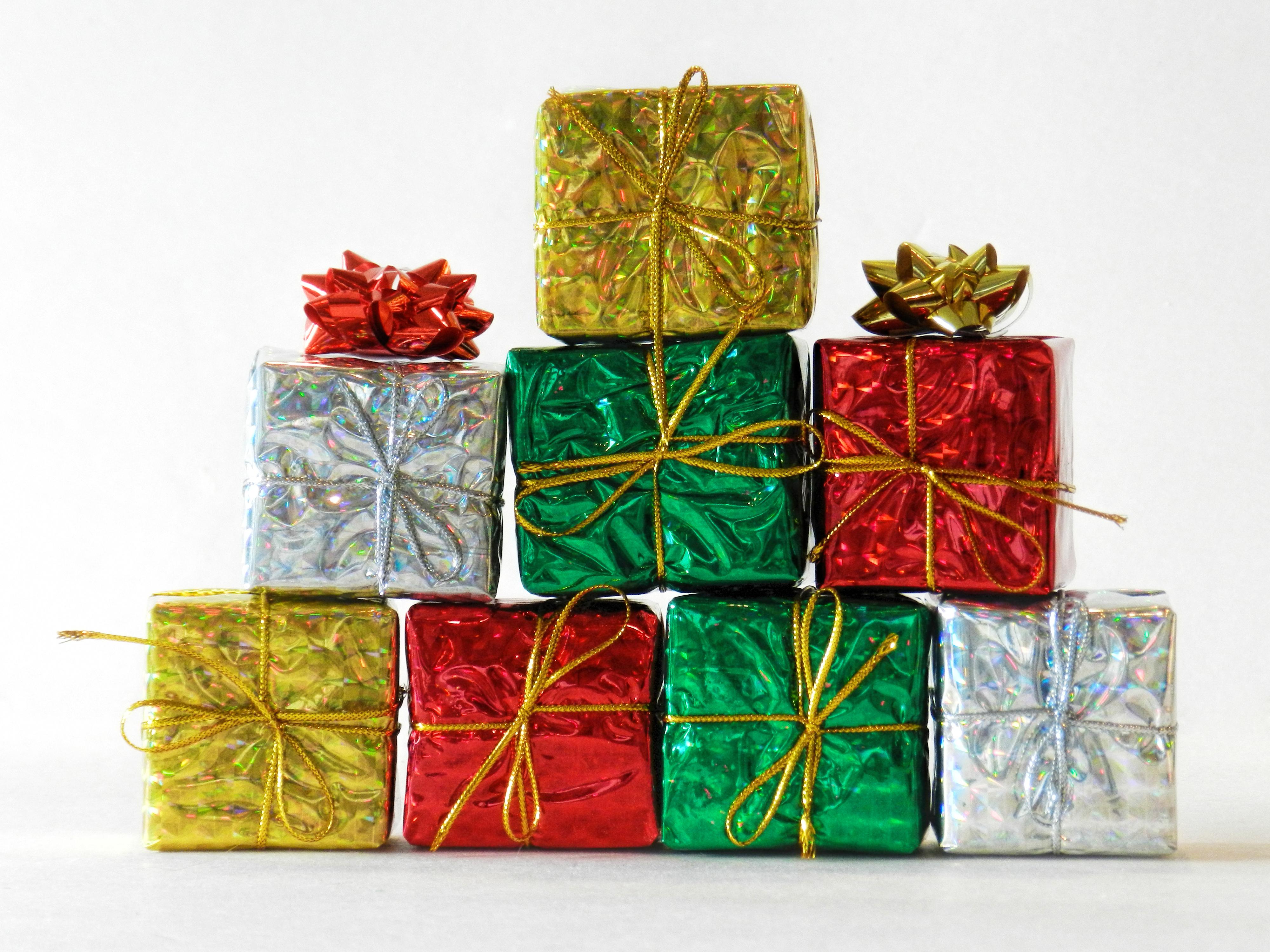
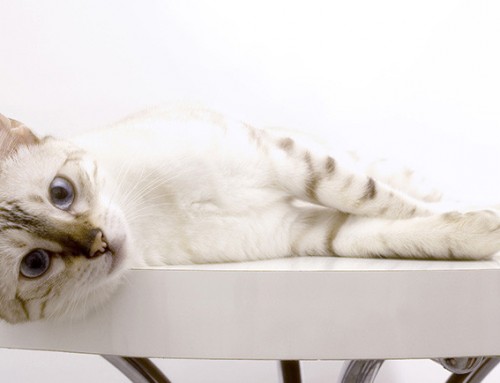
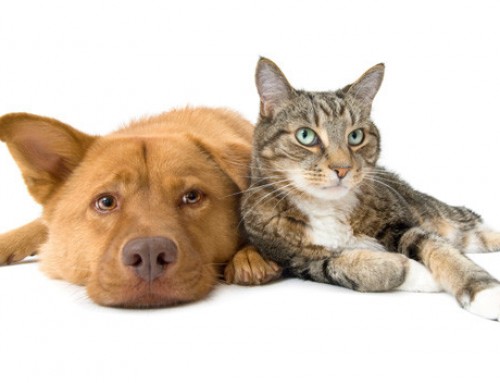
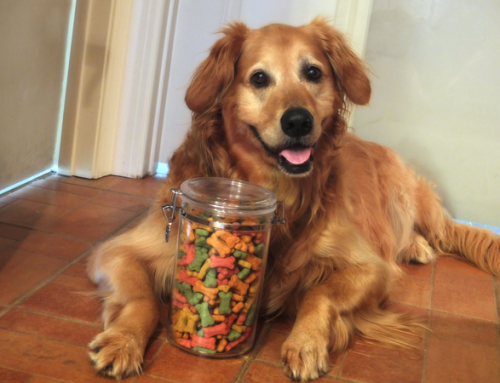
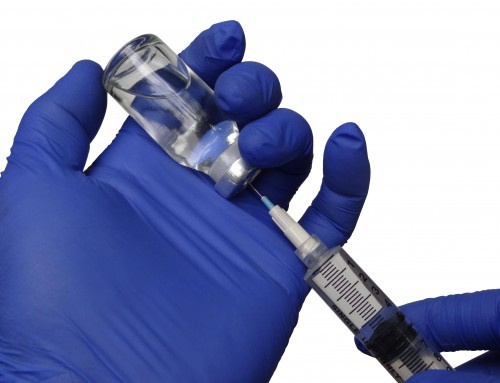
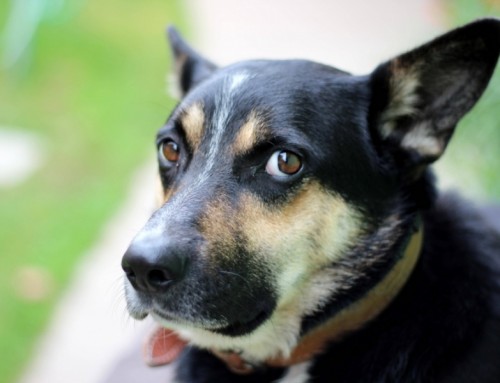
Leave A Comment
You must be logged in to post a comment.